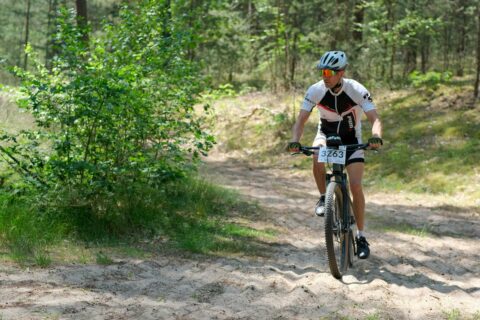
The Cyclocross Episode with Coach Holicky, Katie Compton, Ellen Noble, and Maxx Chance
Fast Talk is taking on cyclocross, from training to racing, honing technical skills to riding on nearly flat tires.

Fast Talk is taking on cyclocross, from training to racing, honing technical skills to riding on nearly flat tires.
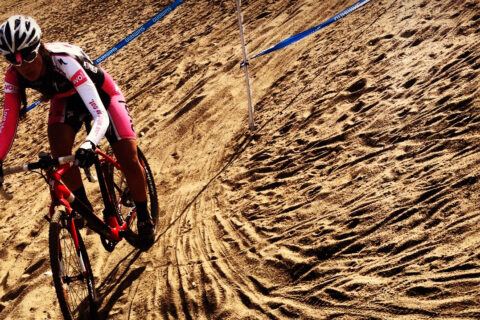
Grant Holicky breaks down the best cyclocross skill drills to upgrade your ‘cross racing with the help of some highly qualified riders.
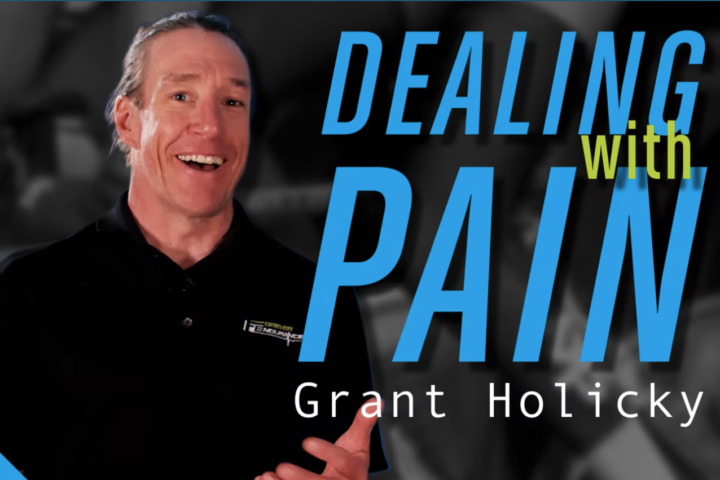
Coach Grant Holicky discusses six ways by which all athletes can forge a better relationship with pain as a part of sport.
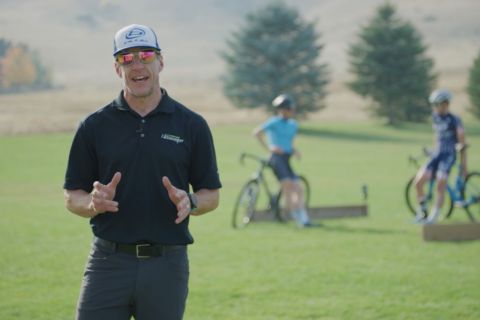
Grant Holicky, cyclocross coach, dissects key techniques for an explosive race start, seamless mounting and dismounting, and air-tight cornering.
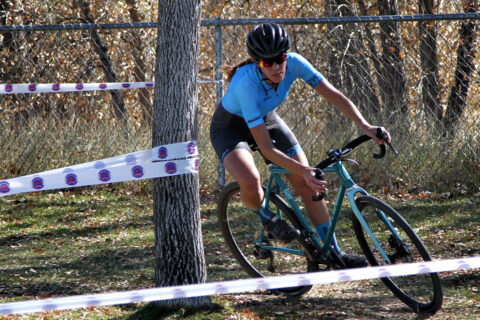
Coach Grant Holicky and head coach Ryan Kohler teach you how to analyze cyclocross power files in TrainingPeaks.
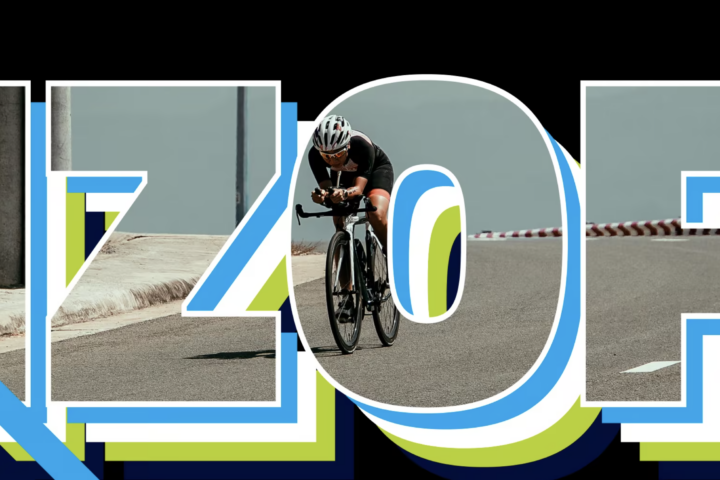
Every athlete has a personal IZOF. Coach Grant Holicky shares the concept and explores how to determine your IZOF. Then he shares why knowing your IZOF is helpful and how you can recreate your IZOF on demand.
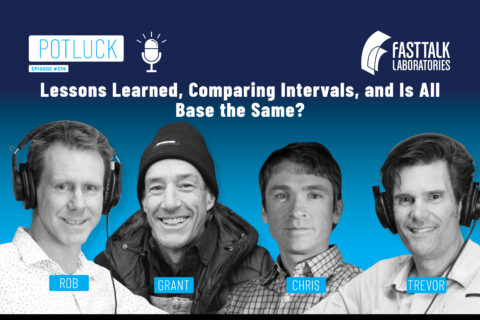
In this week’s potluck episode, we discuss lessons learned from big events, the difference between over-under’s and true HIIT intervals, and whether all base training is made equal.
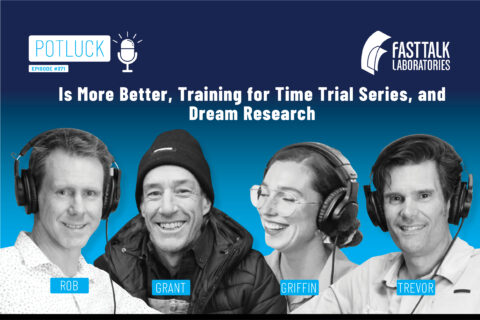
Our hosts talk about why we shouldn’t believe that more is always better, how to build a weekly time trial series into your training, and what research we’d like to see conducted.
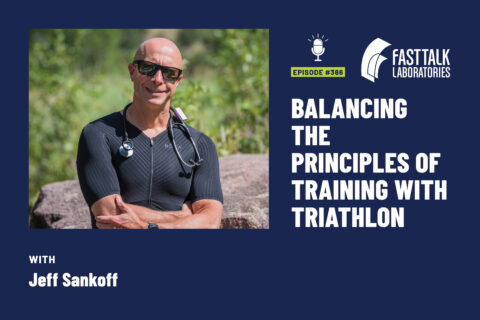
The TriDoc Jeff Sankoff joins us to talk about how to still apply the principles of supercompensation and progressive overload in a sport as complex as triathlon.
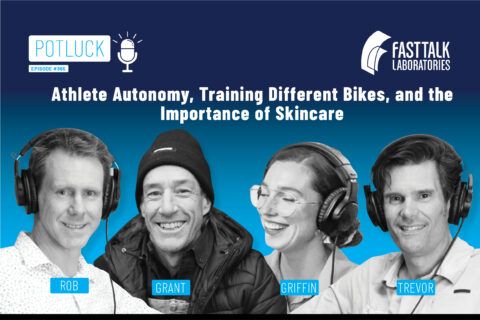
In this week’s potluck episode, we discuss the balance of athlete autonomy versus prescription, how to balance training with multiple types of bikes, and how to avoid being swayed by athlete-marketed skincare trends that may not be worth the hype.
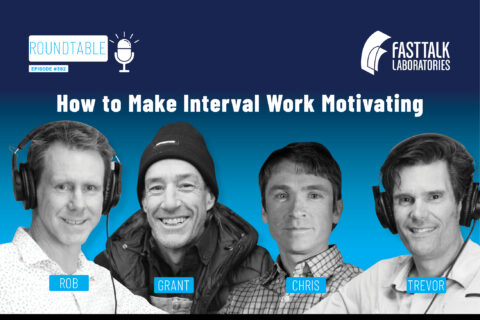
Our team of coaches got together and discussed why we do intervals, how to execute them, and most importantly, how to make them more fun.
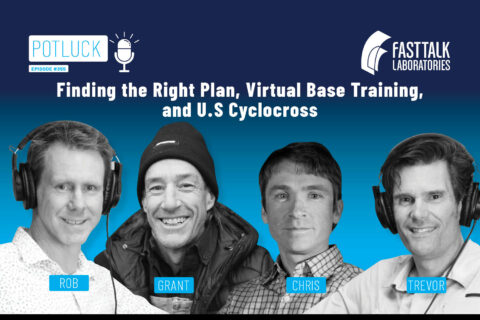
We discuss how to find the right plan for you, using virtual training platforms in the base season, and the state of U.S. Cyclocross.
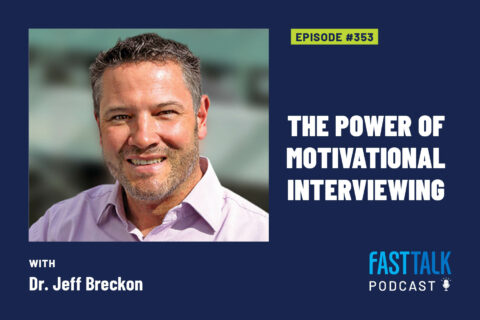
Dr. Jeff Breckon discusses motivational interviewing concepts and techniques to empower coaches to better effect change in their athletes.
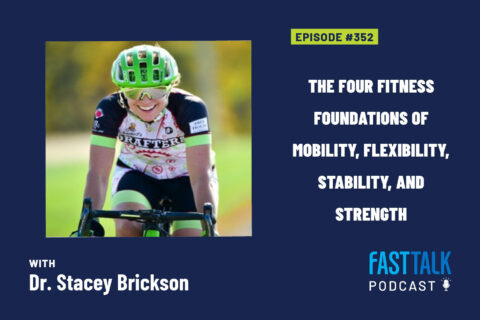
We talk with coach and physiologist Dr. Stacey Brickson about the importance of off-the-bike work, not just for performance but longevity and health.
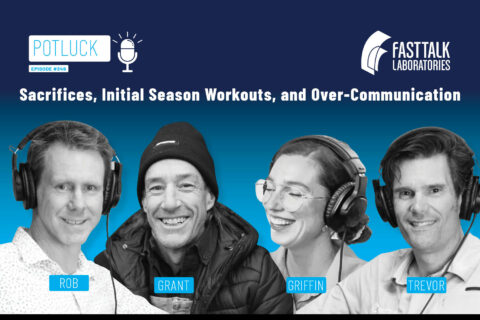
Our hosts talk about whether it is better to be balanced or pursue something fully, good workouts to start the season out, and how much communication is too much.
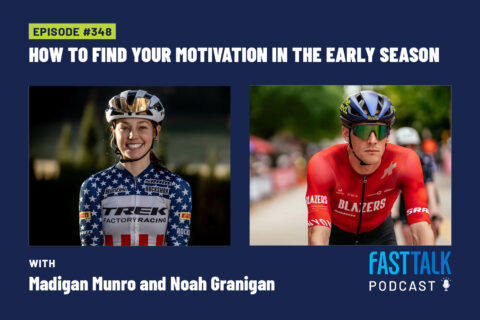
Our team talks with pro riders Madigan Munro and Noah Granigan about how they find motivation to train and stay fit when their next race is a winter away.
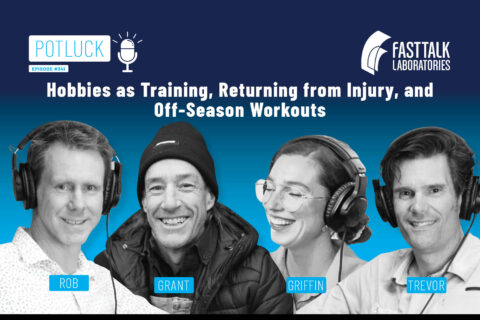
Our host regulars discuss when an unplanned activity—such as commuting—becomes training, how to adjust for an event when returning from injury, and what training to do in the off season.

Our hosts talk with Jared Berg about the nutrition needs of development athletes and whether they should eat differently from their adult counterparts.
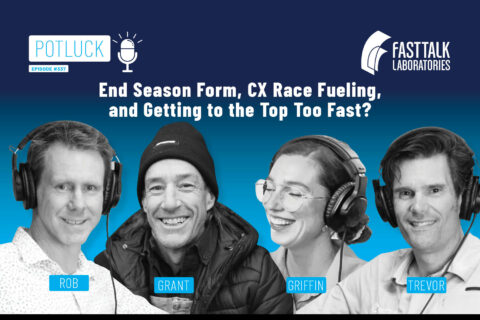
We discuss a host of questions, from how to get a little more out of your form in autumn, to fueling needs for short races like cyclocross, and why so many female athletes seem to excel when entering sports later in life.
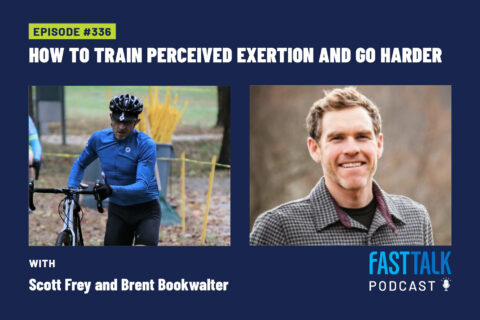
We talk with Dr. Scott Frey and Tour commentator Brent Bookwalter about how our brains perceive effort and ways we can manipulate that perception to go harder.
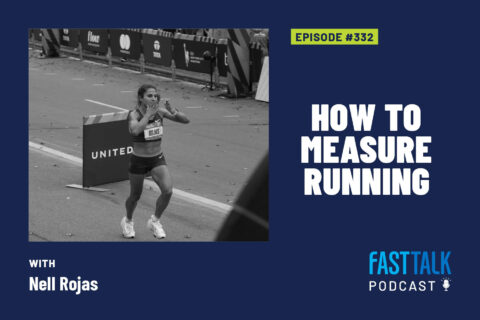
In today’s episode, we switch our cycling shoes for running shoes and discuss how runners can accurately measure and pace their training.
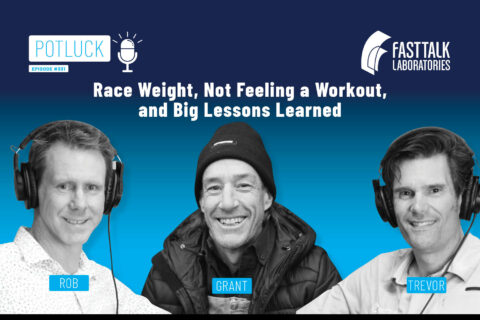
In this week’s potluck, we discuss if lighter means you always perform better, how to change things up if you’re not feeling that day’s workout, and what key tips we have to be better coaches or athletes.
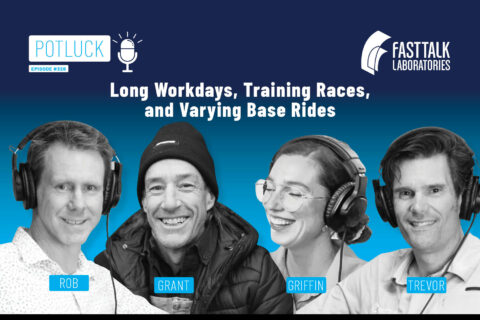
Our hosts bring their questions on working out at the end of a long day, how to manage when training races are too easy, and if base ride intensities should be varied.
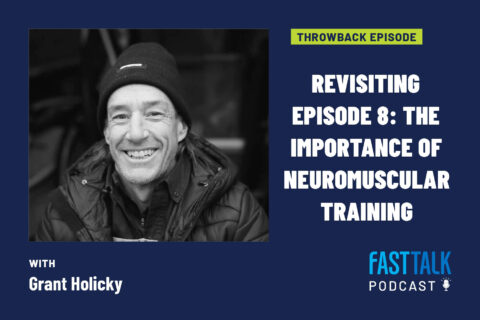
Originally titled “Stop Your Legs from Fighting (Themselves),” we look back at episode 8 to see how our views—and the science—has changed regarding neuromuscular work.